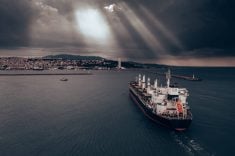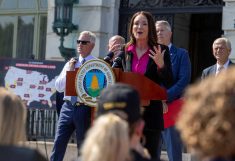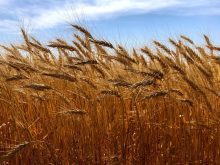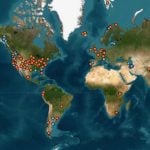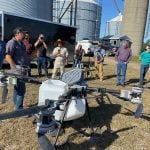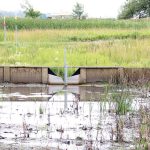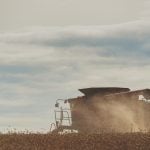Dubai | Reuters –– The Saudi Agricultural and Livestock Investment Company (SALIC) is looking at more farmland investment opportunities and has its neighbour Iraq on the list.
SALIC, an arm of the country’s Public Investment Fund (PIF), said it was also looking to expand its investments in the Black Sea region, which already includes almost 114,000 acres of land in western Ukraine.
“We are considering many opportunities and Iraq is definitely on the list,” newly appointed managing director Khaled al-Aboodi told Reuters.
Iraq on Wednesday received pledges of US$30 billion, mostly in credit facilities and investment from allies after a major donor conference in Kuwait.
Read Also
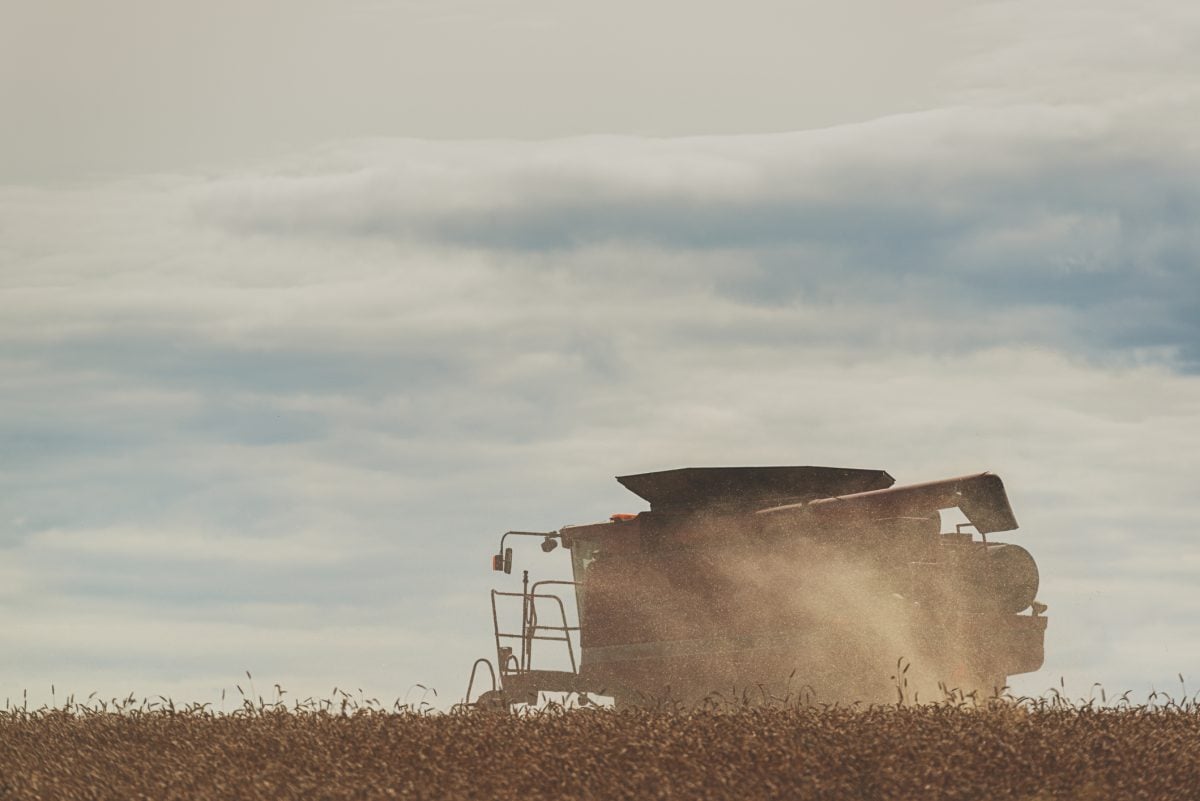
Alberta Crop Report: Harvest reaches completion
Alberta’s harvest is virtually complete at 99.4 per cent finished, ahead of the five-year and 10-year averages at this time of the season.
Amongst the opportunities on display for investors during the event were four million dunums (about 988,000 acres) of agricultural land, Iraqi agriculture ministry spokesman Hameed al-Nayef said.
“Agricultural land that will be offered is across Iraq and investors should choose what crops to grow but we are giving priority to strategic crops like wheat, barley, corn, sesame and rice,” he said.
The mechanism for investment in Iraqi farmland and terms will be up for negotiations with interested firms.
Aboodi said SALIC was not at the Kuwait conference but that, “as time goes by we will look more closely,” at Iraqi farmland.
Saudi Arabia began scaling back its domestic wheat-growing program in 2008, planning to rely completely on imports by 2016 to save water.
SALIC’s agricultural investments include farmland, grain silos and terminals, as part of Saudi Arabia’s food security drive. Its holdings in Canada include a joint-venture stake with Bunge in grain handler G3, the former Canadian Wheat Board.
Iraq, itself a major wheat and rice importer, has seen its most fertile province, Nineveh, lose production of strategic crops after Islamic State took over.
Iraq declared victory over Islamic State in December, having taken back all territory the militants captured in 2014 and 2015.
Industry sources said there were investment opportunities in Mosul and some western areas close to the Euphrates and Tigris rivers.
SALIC also said it was looking to grow its investments in the Black Sea region. “The Black Sea is a strategic place to look at given the attractive farming conditions and proximity to Saudi,” Aboodi said.
In October, SALIC set up a five-billion riyal (C$1.67 billion) joint venture with UAE agricultural firm Al Dahra to invest in the 10 countries across the Black Sea region.
— Reporting for Reuters by Maha El Dahan; additional reporting by Moayed Kenany in Baghdad.


